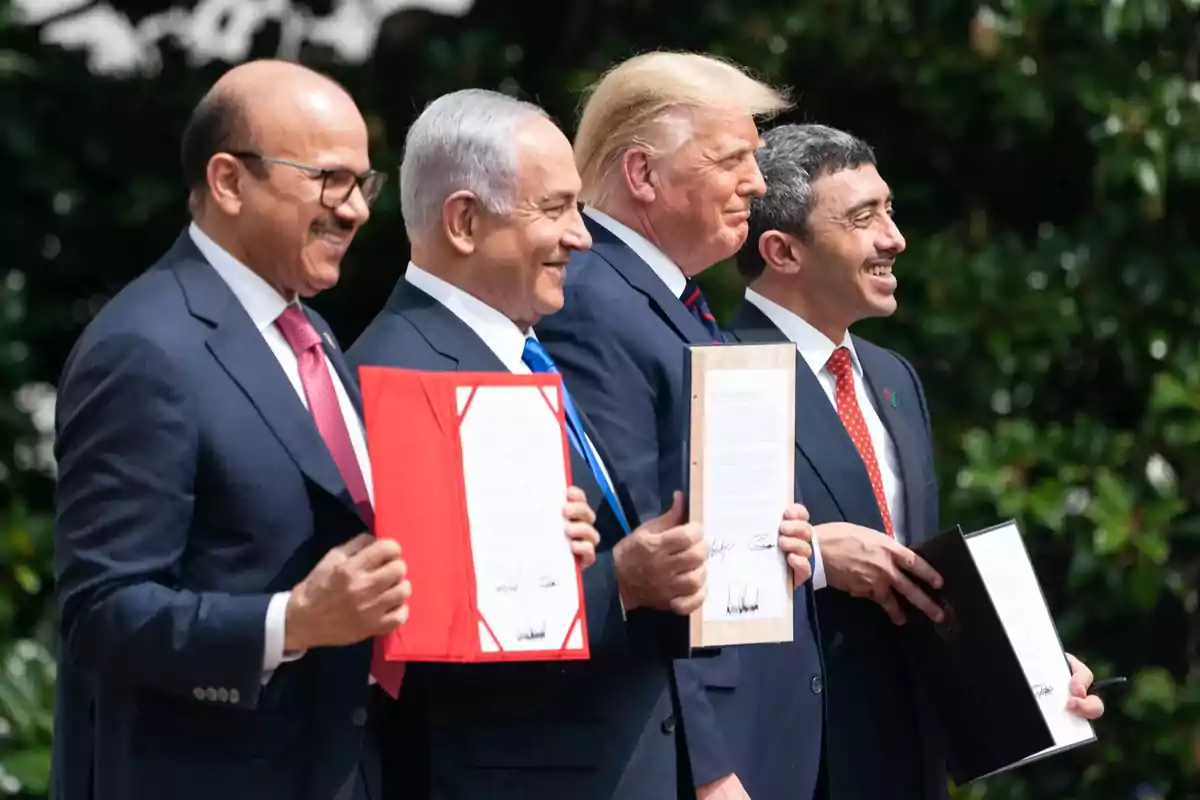
Trump wants to sign peace in Gaza as part of the Abraham Accords
According to Steve Wiktoff, special envoy to the Middle East, the U.S. president intends to expand the historic agreement in the region
President Donald Trumpseeks to revitalize and expand the Abraham Accords, the historic normalization pact between Israel and several Arab and Sunni Muslim countries that was finalized in 2020.
According to Steve Witkoff, Trump's current special envoy to the Middle East, there are "major announcements" on the way regarding new countries that could join the agreement. Among the names mentioned areSyria and Lebanon, according to reports from influential Israeli newspapers.
The possibility of Syria joining the Abraham Accords is surprising, especially due to the recent fall of Bashar al-Assad's regime and the rise to power of Ahmed al-Sharaa.
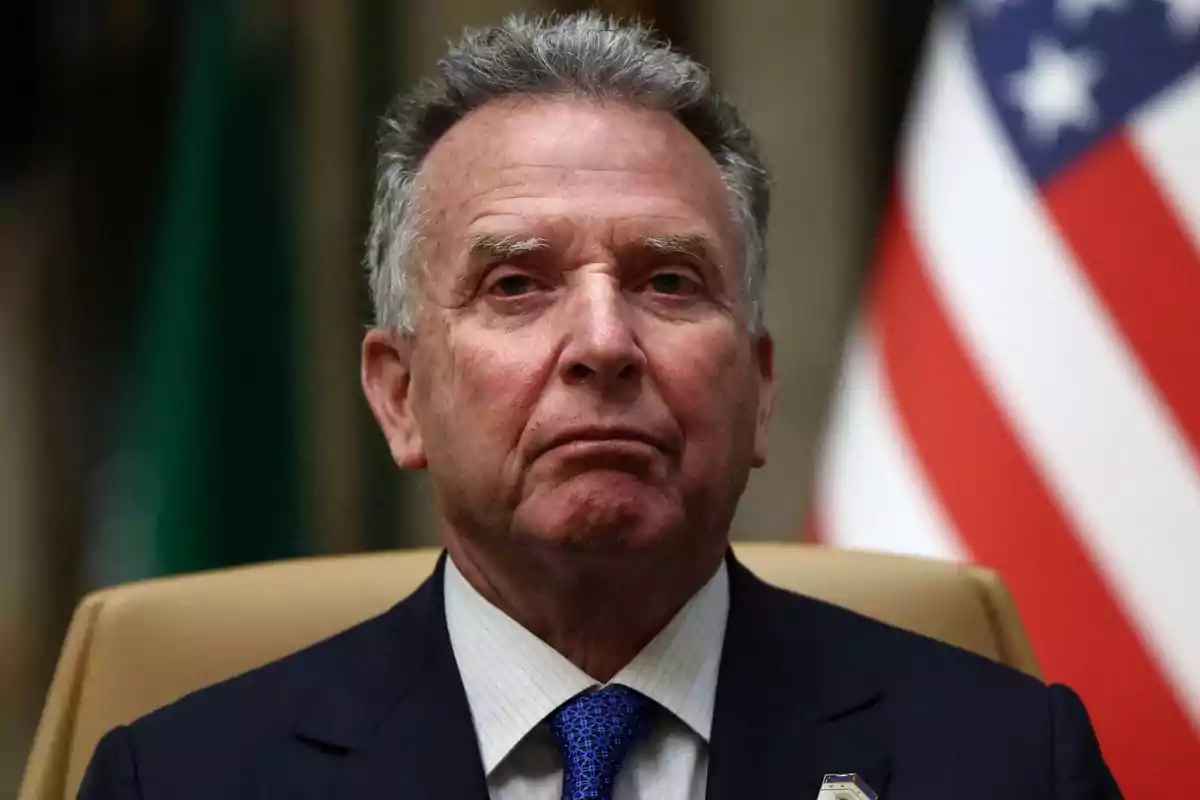
Despite its past, the United States and Israel are maintaining direct dialogue with its new government, which is interpreted as a search for regional stability. Karoline Leavitt, White House spokesperson, confirmed that Trump asked al-Sharaa for normalization with Israel during a meeting in Saudi Arabia earlier this year, in exchange for relief from economic sanctions.
Several experts stated that both Syria and Lebanon could be realistic candidates to join the Accords, although probably not immediately. According to these experts, the main motivation would be the desire for legitimacy on the part of the new Syrian government.
In this context, Israeli media report that Trump is also strongly pressuring Israel to efficiently conclude the war againstHamas in Gaza, which would facilitate this expansion of the Accords.
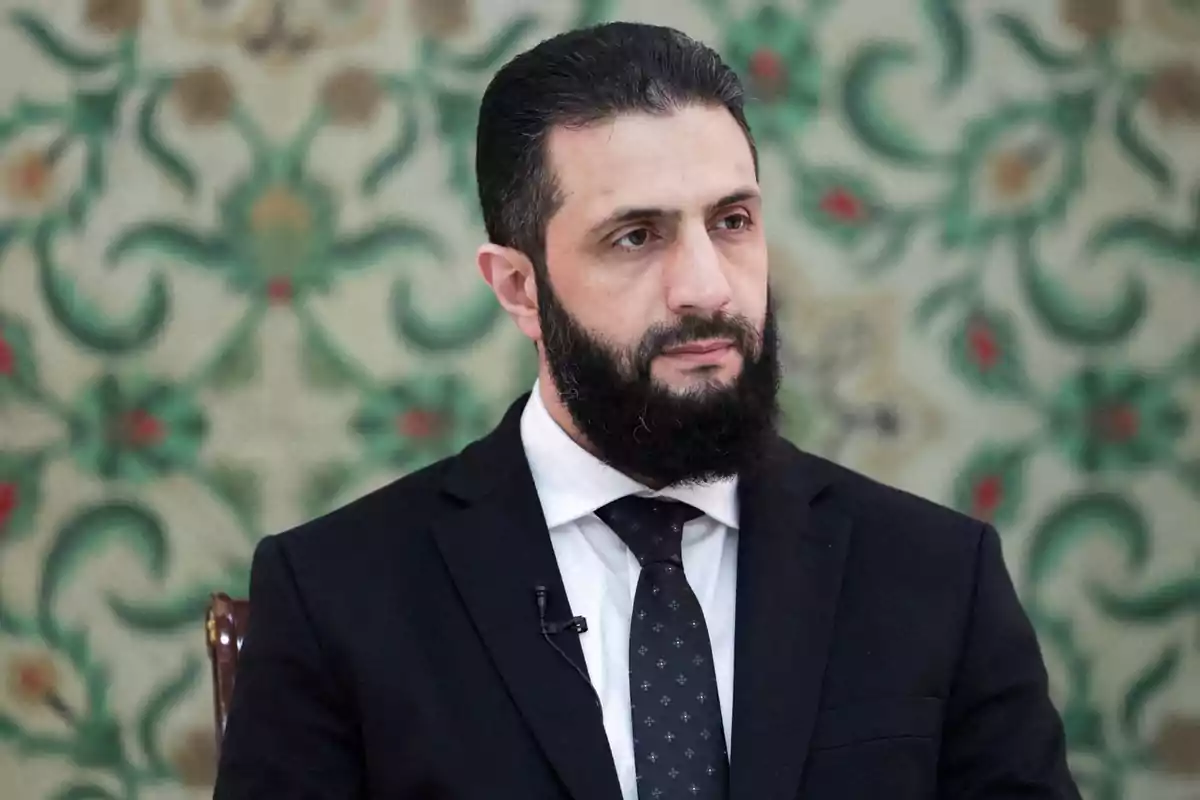
In a phone call described as "euphoric" between Trump and Israeli Prime Minister Benjamin Netanyahu, U.S. Secretary of State Marco Rubio and Israeli Minister Ron Dermer also participated. According to Israeli newspapers, in that conversation they agreed to end the war in Gaza within two weeks, achieve the release of the remaining 50 hostages, and allow the exile of Hamas's leadership.
The plan provides for four Arab countries, including Egypt and the United Arab Emirates, to temporarily assume administrative control of Gaza. The door would also be opened for Gazan citizens to emigrate to other countries, facilitating the reconstruction of the enclave.
In exchange, Israel is expected to publicly express its support for a two-state solution, although conditioned on substantial reforms by the Palestinian Authority. In exchange for that statement, the United States would recognize Israeli sovereignty over certain parts of the West Bank, a proposal that seeks to balance the demands of both parties.
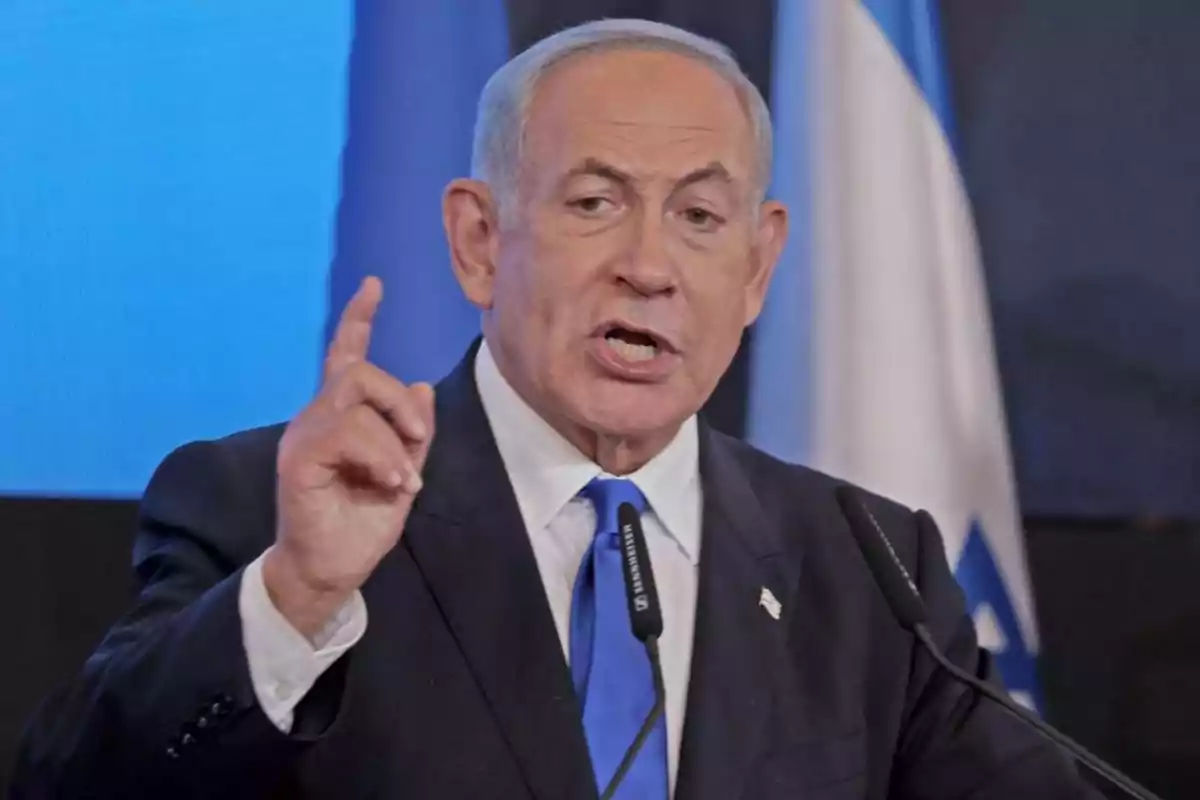
One of the most important components of this strategic package is the possible end of the corruption trial against Netanyahu. Trump has posted a message on his Truth Social network demanding an end to the judicial process as part of a broader move to end the war, free the hostages, and facilitate regional agreements.
Laws similar to the "French law" that prevents prosecuting a sitting prime minister, as well as legal reforms that could decriminalize charges of breach of trust, are being discussed.
Meanwhile, negotiations for a definitive ceasefire between Israel and Hamas remain stalled in Cairo. Although there are U.S. mediators, such as Palestinian-American activist Bishara Bahbah, the parties refuse to send high-level delegations without reciprocal gestures. Hamas continues to hold 50 hostages, including at least 20 alive and the bodies of another 28.
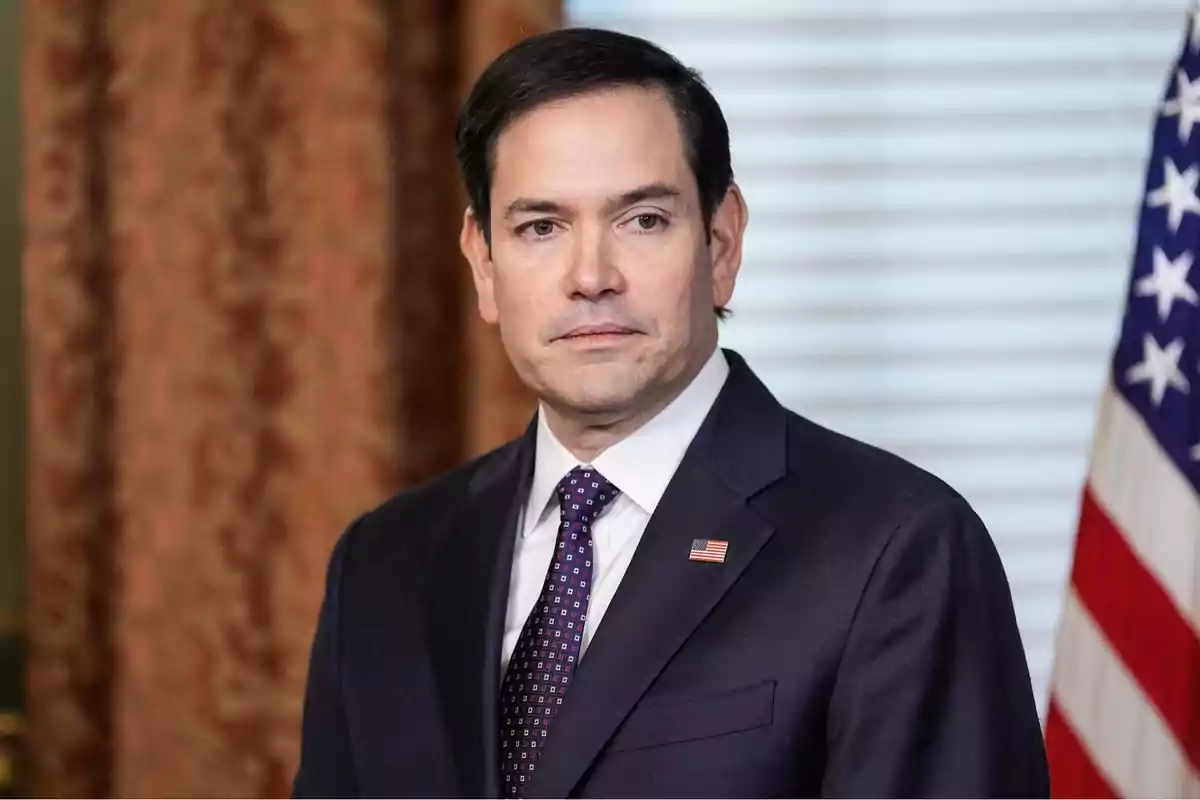
Israel's recent military victory over Iran, with attacks on underground nuclear facilities, has strengthened the Israeli position, and there is both internal and international pressure to seize this moment. Israeli President Isaac Herzog publicly called on the government to work to close a deal now, after what he described as a "key" moment.
Overall, the developments point to a broad regional strategy that seeks to consolidate peace between Israel and its Arab neighbors, end the war in Gaza, and formalize a process for resolving the Israeli-Palestinian conflict.
If achieved, it would mark a new phase for the Abraham Accords, with a more ambitious and complex scope than the original, positioning Trump once again as a central actor in the Middle East peace process.
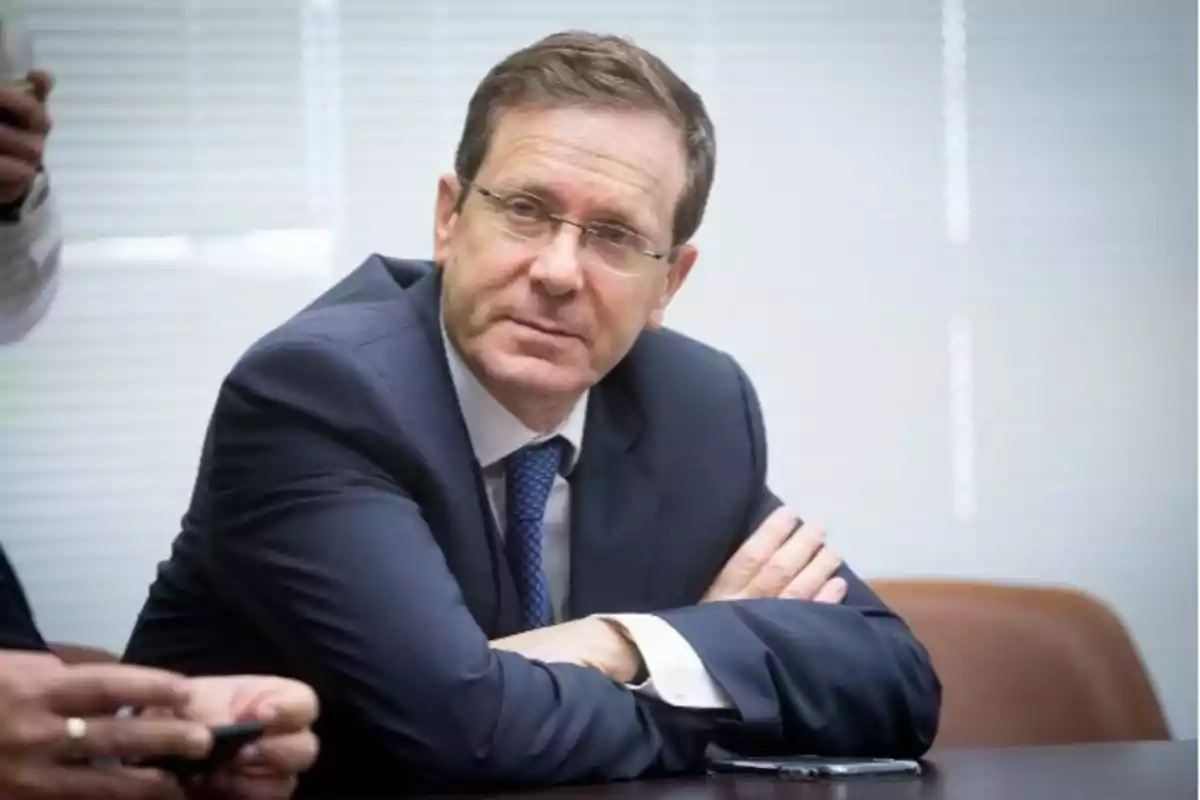
More posts: